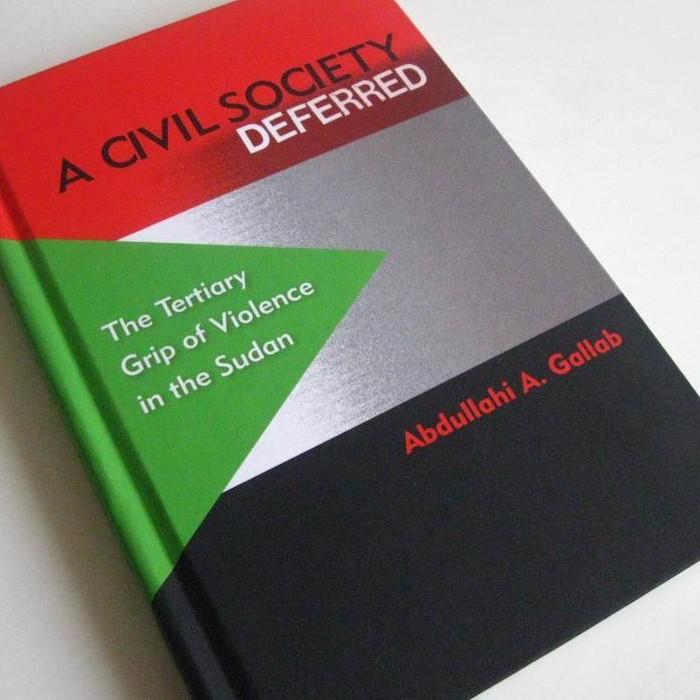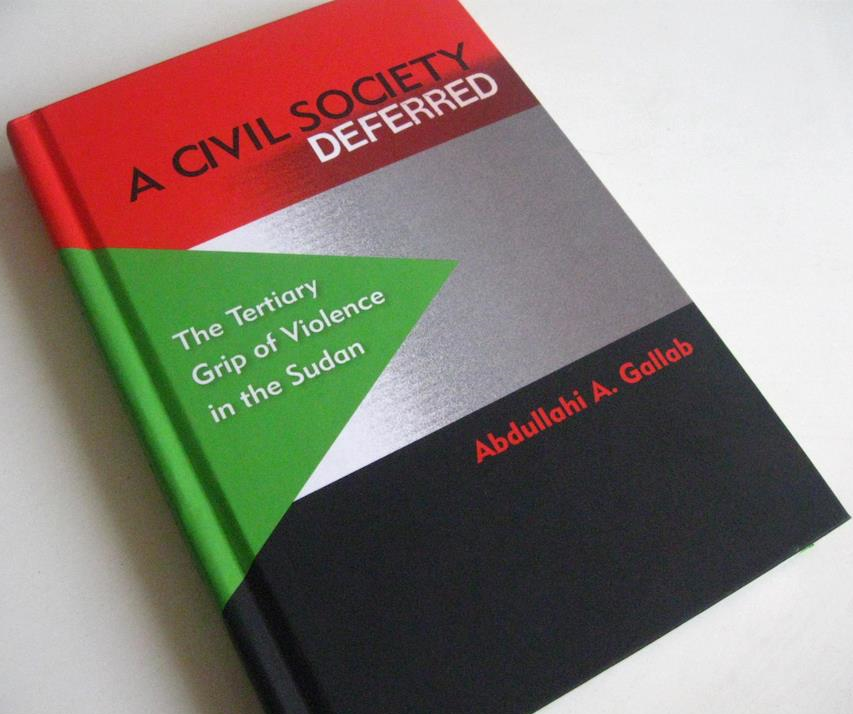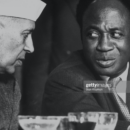A Civil Society Deferred – failure of the Sudanese nation-state – A debate on a book by Abdullahi Gallab

 A debate on Abdullahi Gallab’s A Civil Society Deferred
A debate on Abdullahi Gallab’s A Civil Society Deferred
It’s a good time to be writing a book about Sudan. Southern secession has brought the country back into the spotlight, which had faded after the initially noisy response to the situation in Darfur and eventual indictment of President Bashir in 2008 by the International Criminal Court. Whilst Southerners rejoiced at having won freedom from the violent and exploitative Northern political elite, what this really represented was indisputable evidence of the historic failure in Sudanese nation-building.
The key date in North-South relations – the 2005 Naivasha Peace Agreement – Abdullahi Gallab describes in A Civil Society Deferred: the tertiary grip of violence in the Sudan as, “˜an opportunity missed’ to construct a new Sudan with a revitalised civil society. Instead, what occurred was the break-up of the country. Gallab’s work provides a welcome opportunity for author and reader alike to consider the historical processes that have contributed to this failure.
Gallab takes the long view (both historically and intellectually) when considering Sudan’s civil and political evolution. With much reference to scholars of social systems – de Tocqueville, Hobbes, Marx, Weber, Gramsci, Foucault and Giddens (to name a few) – as well as those, (predominantly historians), of Sudan, he attempts to situate the failure of Sudanese civil society within the broader sphere of Western-oriented social science. The book consequently reads like a historically rooted philosophical treaty on the nature and creation of difference within the geographical space that is Sudan.
Sudanese state failure is evident not only in Southern secession, but is also manifested in the rebellions in Darfur, the Nuba mountains and amongst the Beja of Eastern Sudan. More recently it has been revitalised within the heterogeneous opposition forces of the “˜New South’ – a loosely affiliated political movement now growing in the new Republic of Sudan which has identified weaknesses within the NCP regime and is keen to exploit this moment to break its hold on the country. It is possible that we are now observing (or experiencing) a transformational moment in Sudanese history, when the continuities that Gallab illustrates – of imperial domination for two centuries (from Egyptian, to British, to military government) – are at last thrown off, and are replaced with a pluralist state that reflects the human plurality of what was (prior to July), Africa’s largest country. However, Gallab’s work shows us that this eventuality would be anomalous to the processes that have shaped Sudan’s modern history.
Sudan is a country in which homogenising philosophies of control – Islamism, Arabisation, indirect rule and militarisation – have structurally inhibited the growth of a national civil society able to look beyond the parochial concerns of local identity. Whilst the colonial state is substantially blamed for “˜reinventing difference’ in Sudan, the state as it transitioned from colonial to post-colonial has remained “˜the major manufacturer of inequality’ in the country – a “˜vessel for extraction’ and “˜social stratification on a grandiose scale.’ Gallab makes a grand argument appropriate for the size and scope of the country on which he focuses.
This is however substantially a positive book that, unlike much of the international coverage, mourns the passing of the united Sudan, and with it the nationalist ideals that have for two centuries been shaped as pathologies of domination and exploitation.
African Arguments will use the publication of A Civil Society Deferred to reflect on this failure of Sudanese statehood. We welcome submissions and responses to the following pieces. Please contact Magnus Taylor mt74[at]soas.ac.uk
Please click here to read Abdullahi Gallab’s introductory piece





Just responding to the framing, not the book itself which I have not seen(although I did read the author’s overview essay):
1. The Darfur story in the US was tragically misrepresented by most writers,esp. journalists. There is no doubt as to marginalization there and elsewhere which I have witnessed, having been in all 9 regions of the old Sudan. Yet characterizations of “genocide” is limited to the US government and media, not even found in Canada, Mexico, Europe,etc. The indictment campaign by Prof. Ocampo-Moreno of the ICC is a joke and not taken seriously by scholars or government specialists in the US and elsewhere. I can offer references.
2. The Southern secession was a long time in coming; it cannot be attributed fairly to the Bashir/NCP govt. Arguably, the Abboud military regime soured the atmosphere for reconciliation more than others, and so did the several “democratic” regimes(1953-58,1965-69,1986-89). Just the same, I venture to predict that the Southern elites will re-assess their situation a few years hence: and I would not be surprised if they were to reconcile with Khartoum, esp. once they have experienced their African neighbors up close, e.g. Uganda, Kenya, Congo and Ethiopia. One might hope for a future Czech- Slovakia relationship; but the rival model of the former Yugoslavia is also possible, incl. the further balkanization of Sudan, and even South Sudan. I offer these comparisons because these two cases resulted from European constructions just as Sudan had.
3. I always note the interesting change experienced by academic immigrants with longtime residence in the USA.
They make the case for pluralistic societies, equality before an independent judiciary, observance of democracy and human rights, and so on; but are conditions ready for such changes back home? or is this a desirable dream ? I feel for them, because my own background is similar.
Jennifer Aniston Diet…
[…]listed below are several url links to internet sites I always connect to for the fact we feel they really are definitely worth browsing[…]…
cialis without a doctor prescription cialis online